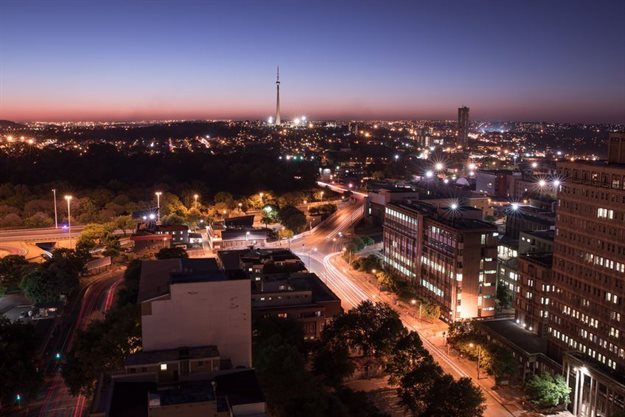
Top stories






More news


Marketing & Media
Ads are coming to AI. Does that really have to be such a bad thing?














South Africa’s evolving modern urban living landscapes are right on par with global trends in areas such as Johannesburg’s Rosebank zone and the V&A Waterfront in Cape Town, where people are looking for smart alternatives to untenable traffic congestion, hair-raising commutes and the need for time efficiency.
Locally, urbanisation is rapid when you look at the growth: 34.2 million people lived in urban areas in 2014, a figure that will jump to 49.1 million by 2050 according to the SA Council of Shopping Centres. As the commercial property market in Rosebank explodes, Jonathan Kohler, CEO of Lansdowne Property Group says the global trend towards an integrated living and working environment has far-reaching consequences including cost-saving and security. The private property market is playing catch-up with 16 new developments currently underway in Rosebank.
Rosebank has become a favoured destination for investors because of its vibrant mixed use of commercial, retail, entertainment and residential attractions. It is undoubtedly one of Joburg’s fastest growing and fashionable places to be and is linked to the Gautrain. In terms of affordability, Kohler explains the reasons why upmarket apartments are a compelling buy in the current market:
People are wanting to live, work and relax in one space to create a balance – it’s a very workable solution for the many international and domestic inbound travelling executives who need to settle for 3 – 6 month contracts close to work. “The lock-up-and-go appeal of investing in an apartment accommodates this lifestyle with lucrative rental opportunities,” says Kohler.
The average rental price for an unfurnished 1-bedroomed apartment in Rosebank is about R13,000 a month and R24,000 for a 3-bedroomed place. “Furnished apartments give an even higher yield, but are harder to rent out,” says Kohler. There is an increase in Joburg execs relocating their families to Cape Town and choosing to fly in weekly to work in Sandton and Rosebank. Whether private investors buy apartments like these to rent, or corporates buy into an apartment to house their international contract execs, there is no doubt that Rosebank property will appreciate substantially in the coming
5 – 10 years.
There’s talk of the property market finally starting to bottom out, but even if this is the start of an uptick or not, the interest rates are as low as they are going to go, and building costs are not going to get any cheaper - in fact they’ll go up despite what the market is doing. “The point is, the business district is central to the Rosebank and Sandton zones – this is not going to change, it’s a landmark area,” says Kohler. “As the economy strengthens, the prices of urban city properties are going to shoot up.” There is certainly investment opportunity in a zone like Rosebank which has had the best capital appreciation in Joburg over a 10-year period.
The global trend is for new sustainable precincts to lean towards a pedestrian-focused movement, not a vehicular one. “While there will always be room for cars in the smart cities of the world, the appeal of greener, less congested cityscapes holds huge appeal, where young professionals and visiting execs don’t have to use a car to get around,” says Kohler.
There is no doubt that smart cities, are changing the way we live and work. “With more people working on the move, at home, and in shared offices spaces; urban apartments are designed to embrace new urban living trends,” concludes Kohler.